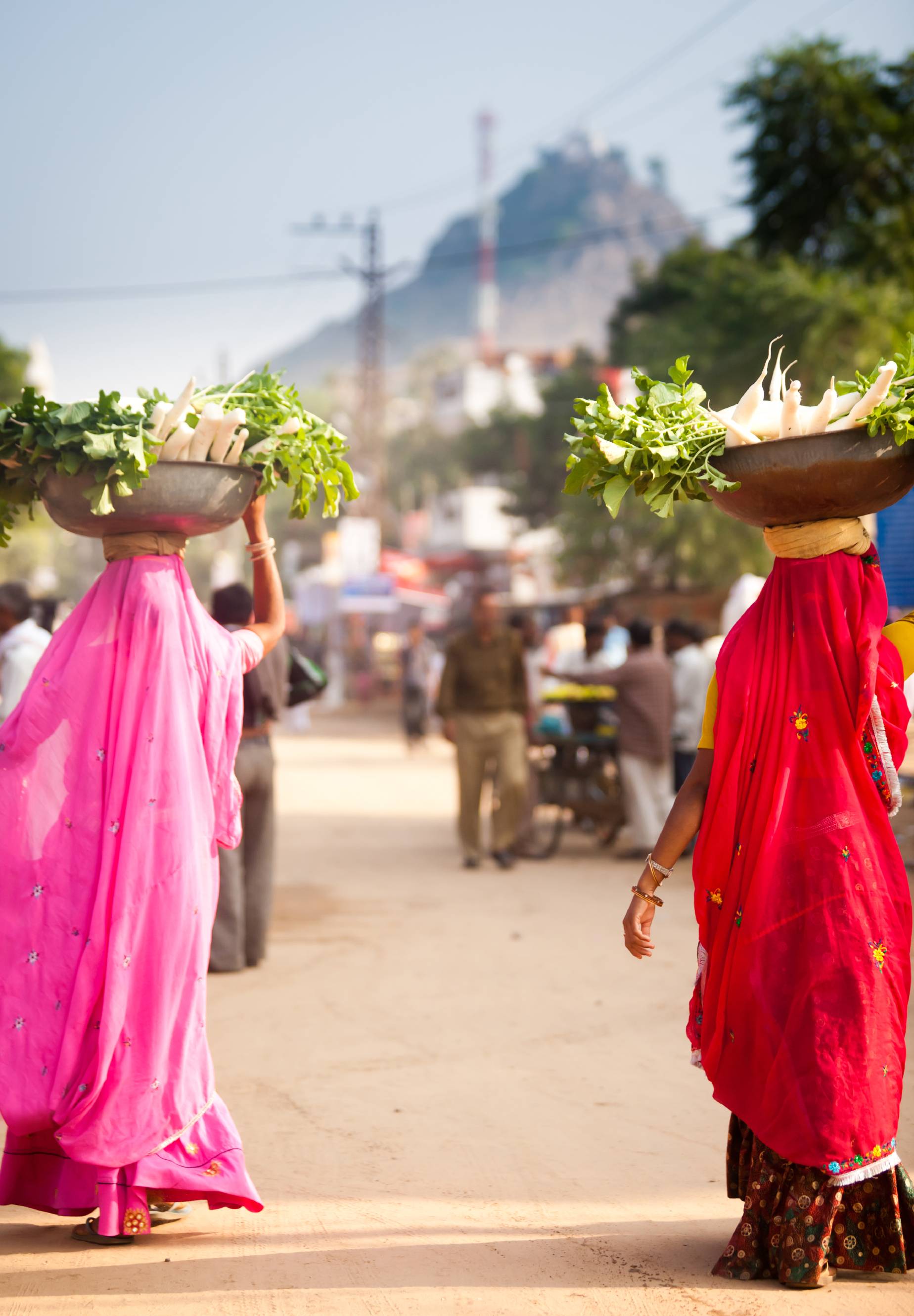| ←Analyzing Your Context | Overview | Bible Study Colossians→ |
|---|
 By Angelious Michael
By Angelious Michael
Increasingly, climate change and global warming are becoming serious concerns for all of creation. The efforts being undertaken to reduce their harmful effects cannot keep up with the pace at which these changes are taking place. The earth is experiencing drastic climatic changes, and the victims are the poorest of the poor, living in situations of deprivation in terms of the economy and social welfare.
Climate Change and Cyclones
The state of Odisha (formerly Orissa) in India is facing the worst effects of climate change. Located at the head of the Bay of Bengal, the slightest change in the behavior of the sea has immediate implications on the coast since it can, for instance, cause cyclones. Over the past decades, Odisha has faced severe natural disasters including a super cyclone. It has been reported that, over the past four years, natural disasters have claimed more than 30,000 lives in the state. People living on the coast are forced to move away because of the threat to their livelihoods.There are increasing numbers of climate refugees.
Rising Temperatures and Drought
The Koraput district, located in the southern part of Odisha, has been experiencing significant increases in temperature. In the past, temperatures in Koraput were moderate, and in my childhood we hardly ever used fans. My parents never knew a hot Koraput. Unfortunately, today, summer temperatures in this densely forested area exceed 40 degrees Celsius. Rain is scarce and the days of my childhood, when it never stopped raining during the rainy season, are over. This lack of precipitation is a serious concern.
Western Odisha is the one of the hottest parts of the state. Temperatures in such places as Titlagarh have reached nearly 50 degrees Celsius. Severe summer droughts are making cultivation impossible because of water shortages. All of this has direct consequences for human beings. In Odisha, every year people die of hunger.
Floods Claim Lives
In addition to drought, the state has also been experiencing floods. They have become a common feature in the state, with the 2001 monsoon leading to the worst flood recorded in the state over the last century. Some western districts, which previously had no history of floods, were largely submerged. Further, the frequency of cyclones has increased on the coast of Odisha. Two cyclones hit the state in quick succession in 1999, leaving the state ravaged. A second cyclone, lasting for three days, ruined 14 coastal districts. More than 15 million people were affected, 2 million tons of rice crops were destroyed, and around 17,000 square kilometers of agricultural land were devastated.
Mining and Displacement
Odisha is one of the few states in India with rich mineral deposits. While mining might provide development opportunities it also demands considerable natural resources. Over the years, massive deforestation has taken place, and Odisha’s natural resources have been exploited by multinational corporations.
Koraput’s population are predominantly tribals and dalits, with tribals living in the beautiful surrounding mountains and valleys. Unfortunately, minerals have been found in those areas and, over the years, the tribals have been displaced to make way for aluminum companies and power projects. Koraput has quite a number of electricity producing power projects but there are still villages without electricity. The effect on the population has been largely negative and some tribals have even lost their lives while protesting against mining that promotes displacement.
Development has taken place at the expense of the indigenous communities that live in acute poverty. The indigenous people of the state have been deprived of their basic right to education, access to health facilities and development and are subject to exploitation. While development has been experienced by other sections of society, indigenous people continue to face social and economic subjugation. Despite all deprivation, the tribals exhibit their rich culture and traditions that impress and draw many to the state.
The Next Steps
It is strange that a beautiful place such as Koraput does so little to take care of it. I read once that if Koraput were to be compared to heaven, the agony and pain of people would be like “tears in heaven.”
Forests must be saved and ecological concerns need to be made a top priority. Community owned programs—particularly for the indigenous community—should be one of our main priorities.
Angelious Michael is Programme Secretary for Youth, Jeypore Evangelical Lutheran Church, Odisha, India.
| ←Analyzing Your Context | Overview | Bible Study Colossians→ |
|---|
